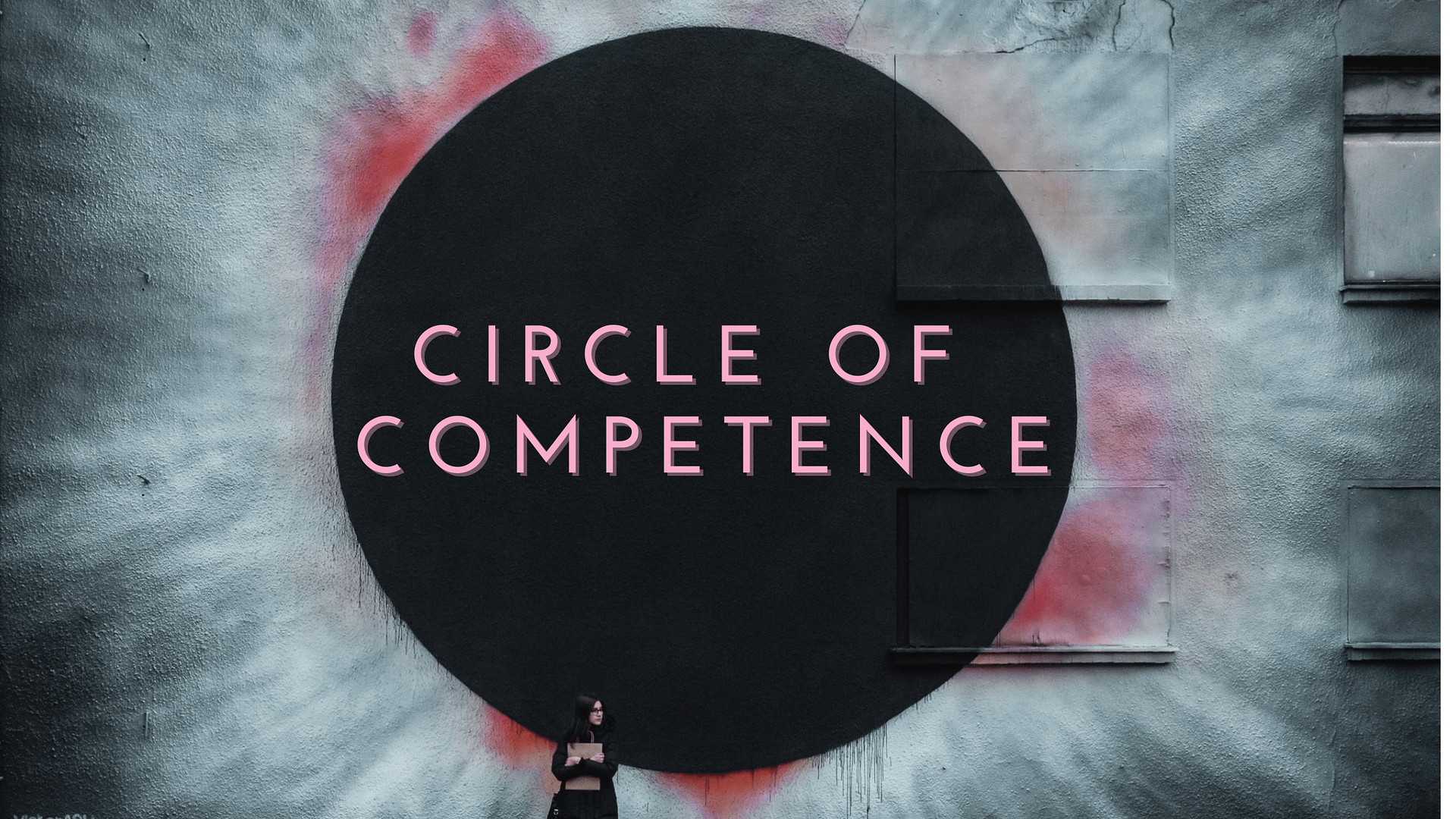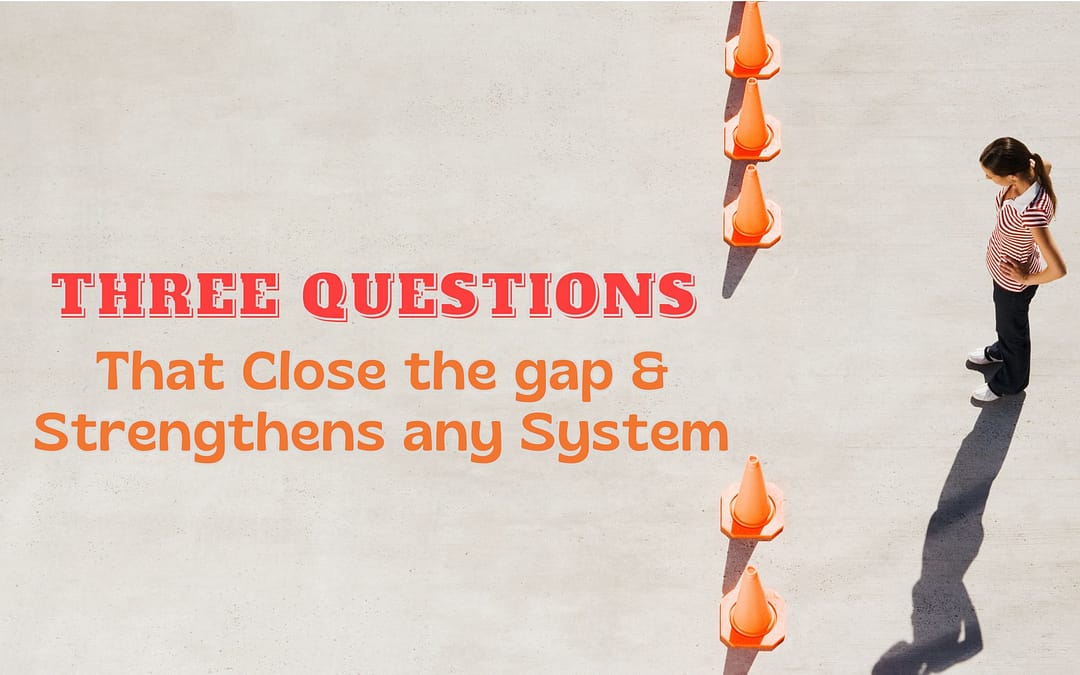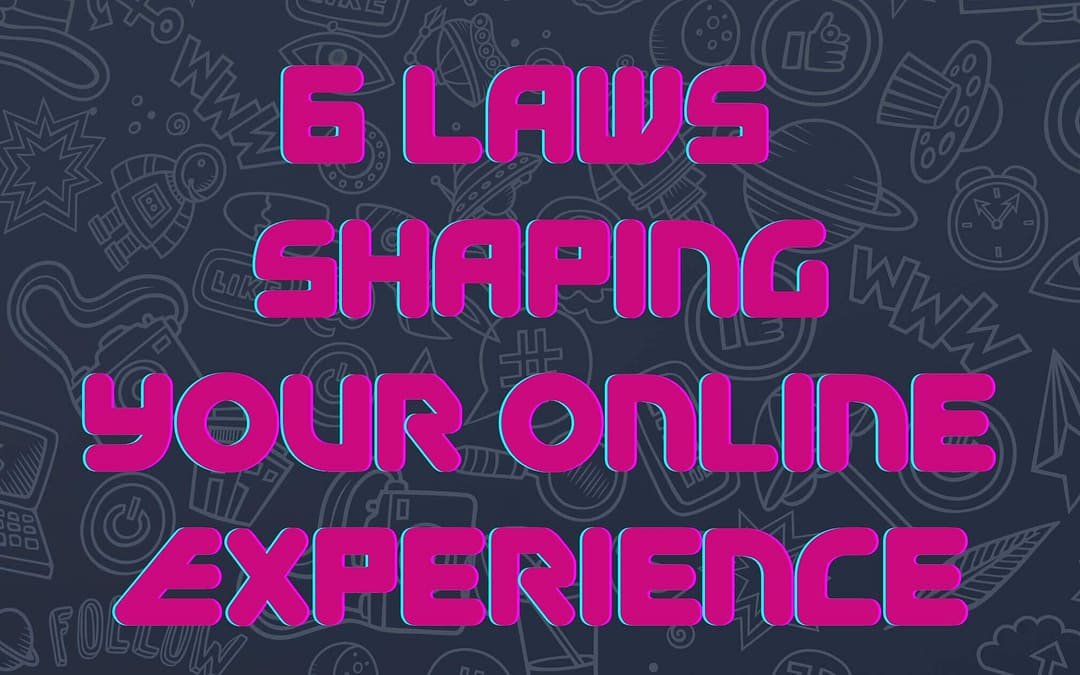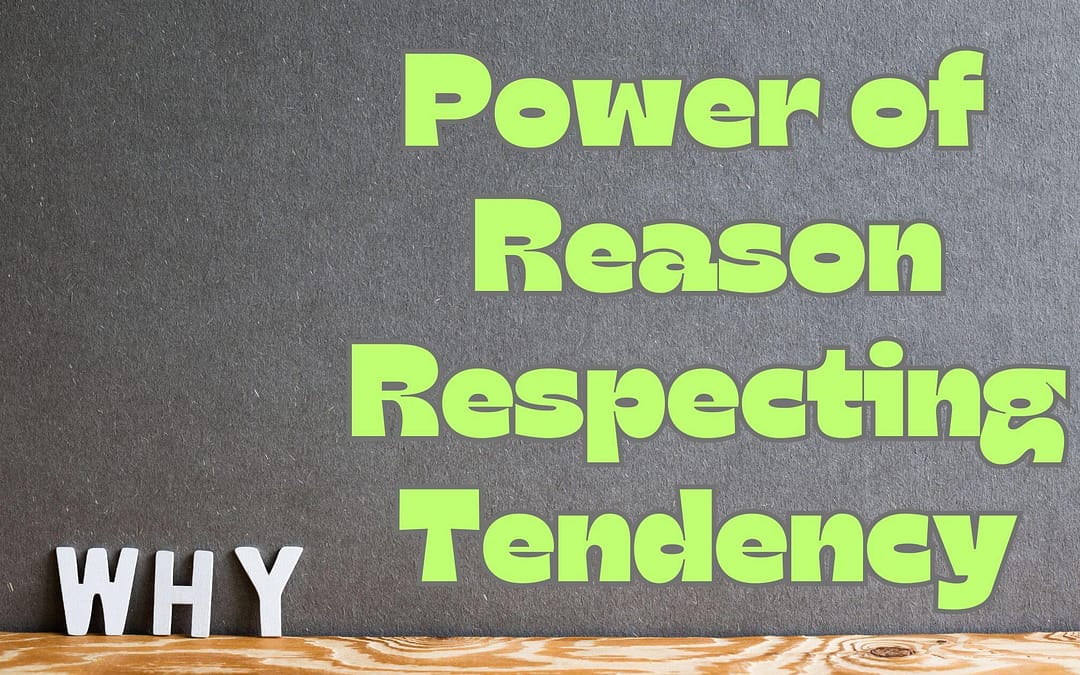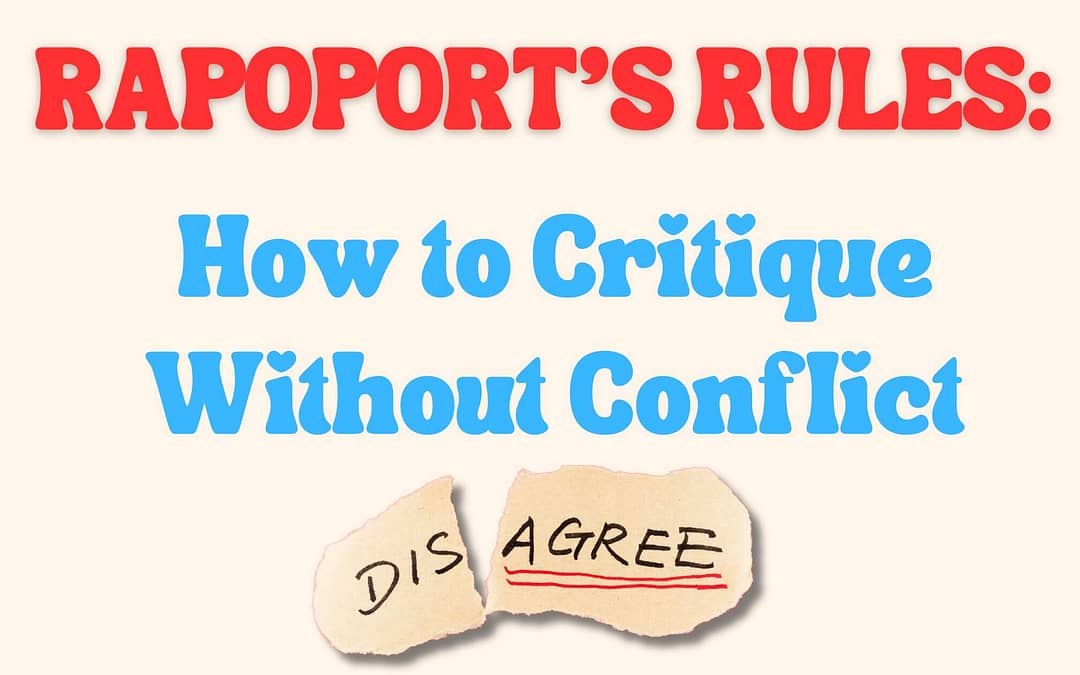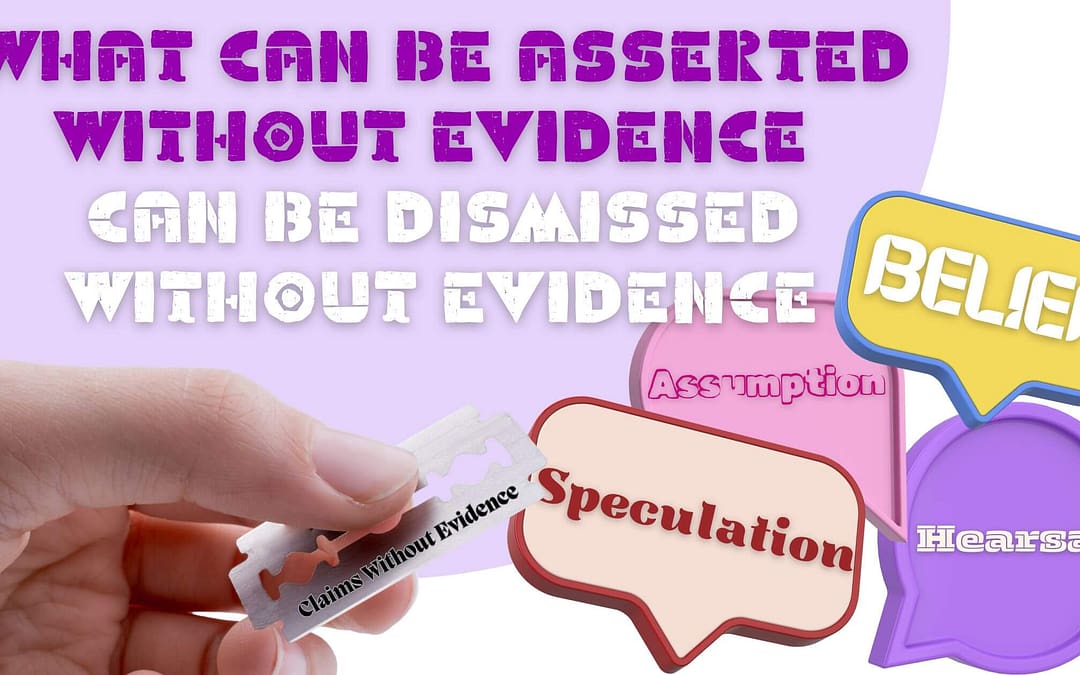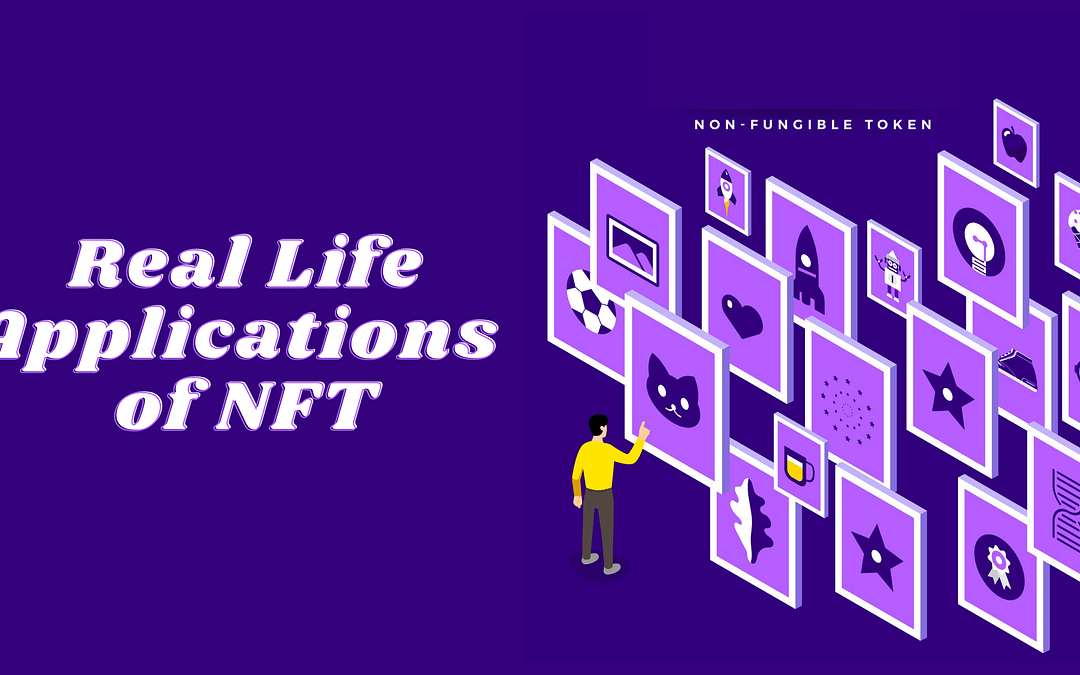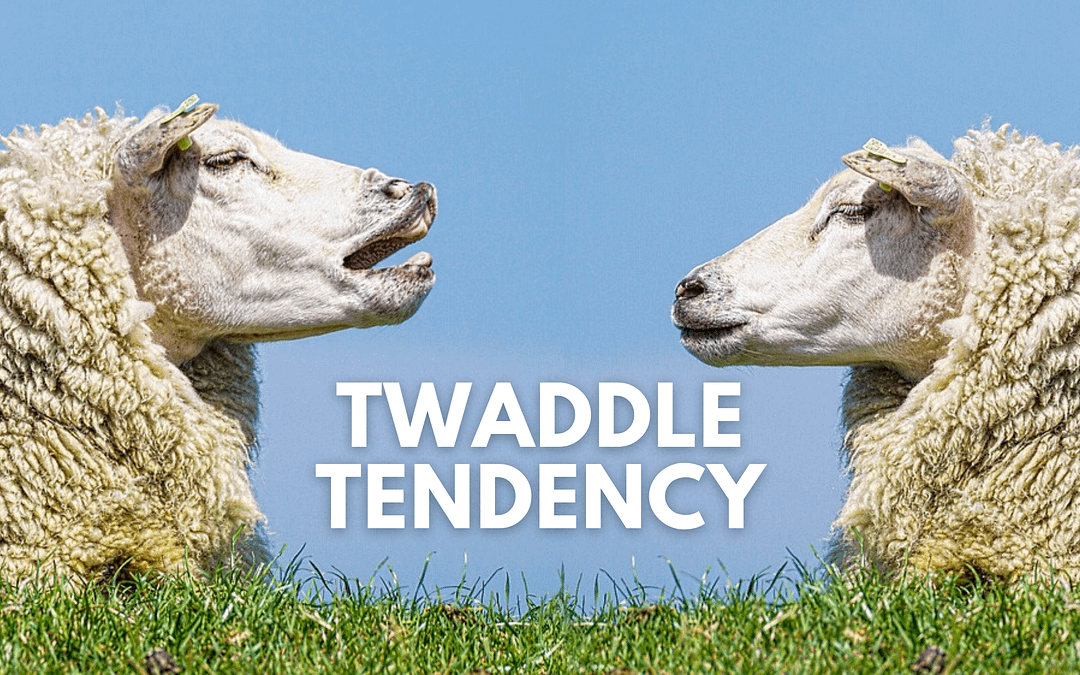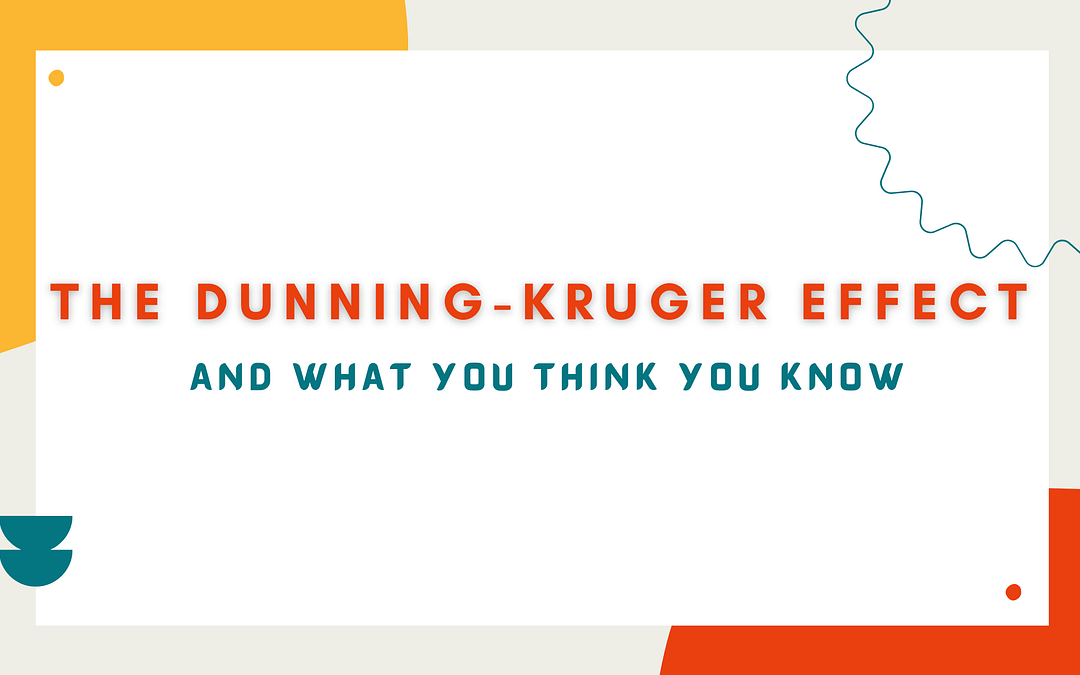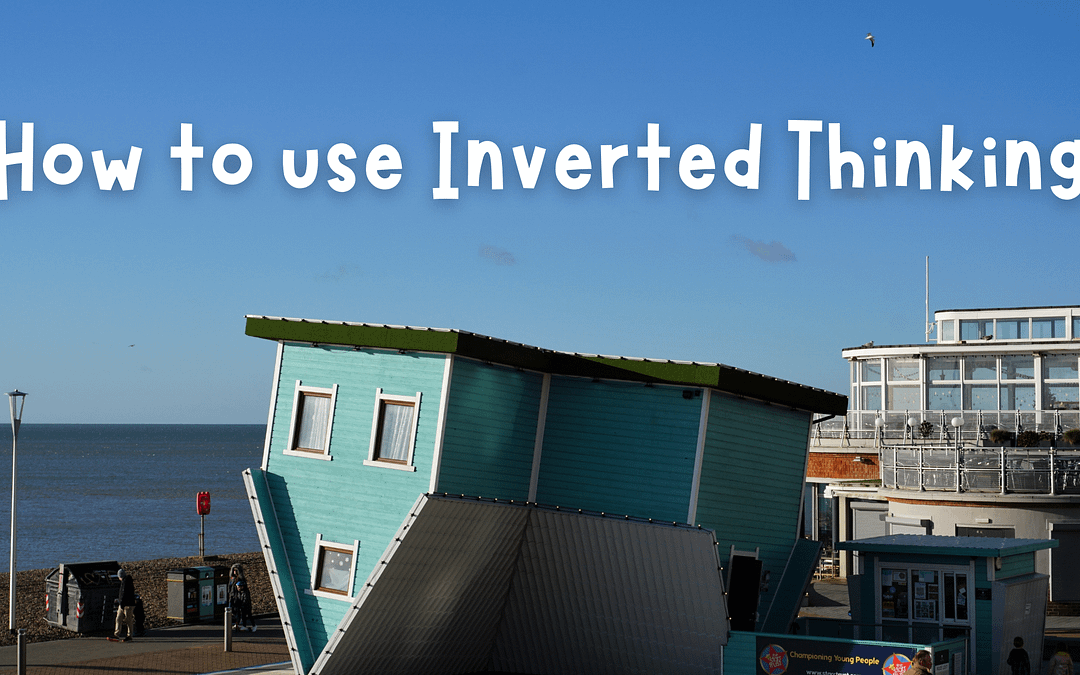The Circle of Competence is a concept that has helped investors like Charlie Munger and Warren Buffet get to where they are today. So, what is the Circle of Competence? It’s simply knowing what you’re good at and knowing what you’re not good at. If it sounds obvious, you would be surprised at how often we stray from this powerful mental model.
Investing in your life
The original purpose behind the model was to encourage investors to put their money in companies they could understand and avoid the ones they didn’t. But the Circle of Competence isn’t just about investing. You could use it almost anywhere in your life.
The idea is to spend the limited time you have in your life in a way that will bring you the most success. You can apply this to your career, any goals you have, and when you’re thinking of new ways to optimize the use of your time. Investments in life are anything you put time, money, and resources into. It applies to more than just stocks.
Know your circle
It doesn’t matter how big your circle is; what matters most is knowing its boundaries. The point of this mental model is as much about making the most out of what you are good at as it is avoiding what you are not good at. This requires us to have the courage to be honest with ourselves about what we know, don’t know, and wish we knew.
Everyone has a circle of competence. For most of us, we didn’t play a conscious role in defining it. It came about through our interests, habits, and natural abilities. The fact that we may not have played a conscious role in forming the thing we are competent at may be a hard pill to swallow, especially when you want to be good at something else.
If you play outside your circle, you’ll be up against people with a far superior ability than what you have and could ever hope to have. The Circle of Competence doesn’t say you can’t learn something new; it just stresses the importance of a mixture of natural ability and time. These factors lead to a degree of competence many of us can’t realistically achieve if we were to go outside our circle.
You don’t have to know everything
With investments, you only have to know the company you’re investing in. If you do, the benefits of knowing the company well will outweigh the drawbacks of having a “limited knowledge” of just that company. The same goes for anything else you’re trying to achieve in life. You have to find your edge and learn how to use it.
There plenty of examples in life where people have done really well for themselves by hyperspecializing in the one thing they’re good at. We live in a world where you can get paid for something within your circle and pay others for things that fall outside your circle. Most of us don’t grow our food, build our cars, or build our own houses.What happens if you need expertise you don’t have? You leave it to someone else. You can do a lot on your own, but you can’t do everything. Knowing what you don’t know makes it easier to build a great team because you’ll have a clearer picture of the skills you don’t bring to the table. It’s ok to depend on others when the task isn’t encompassed in your circle of competence; it’s one of the main reasons you define your circle’s boundaries in the first place.
Key takeaways from the Circle of Competence
Although this is a seemingly obvious concept, too many of us fail to put it to use. Maybe it’s because we think we know more than we do, are too hopeful of our own ability to master something outside our circle, or lack the awareness to understand where we have an edge. If you were to take anything away from the Circle of Competence, there are a few things you should remember.
There are three things you need to remember:
- Find out where you have an edge and use it
- Define the boundaries of your circle
- Invest your limited time and resources where they matter most

